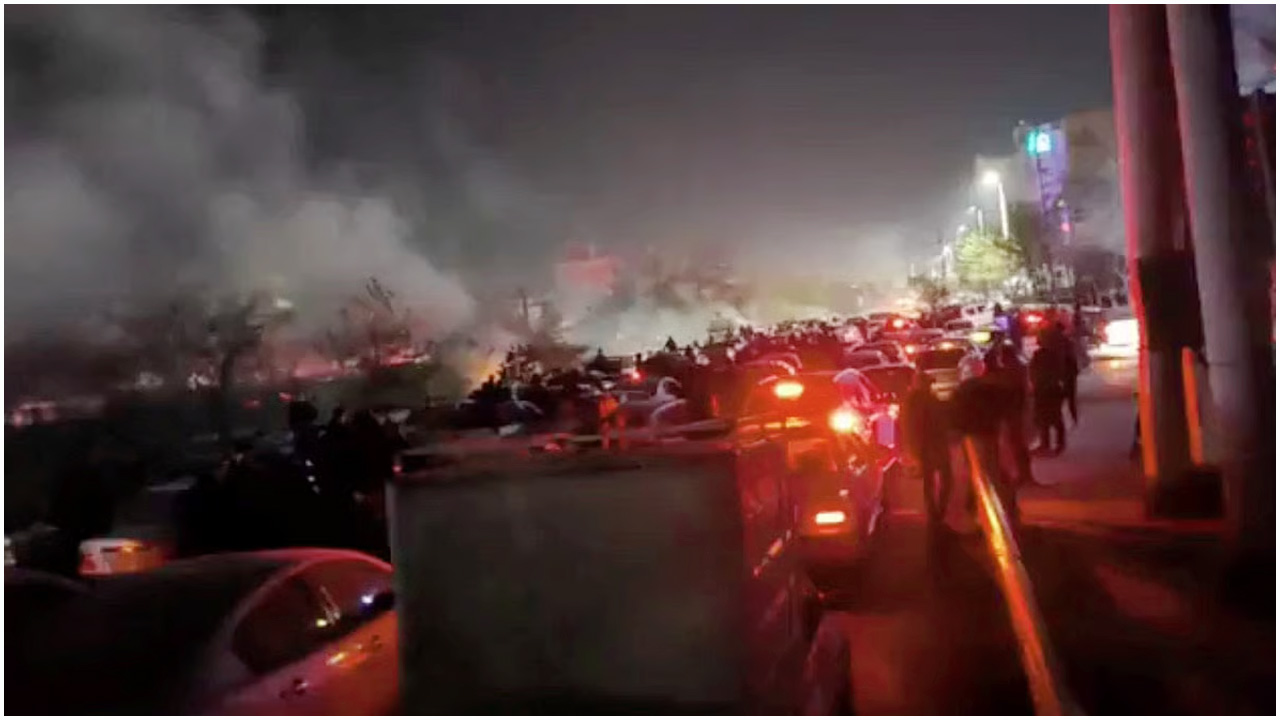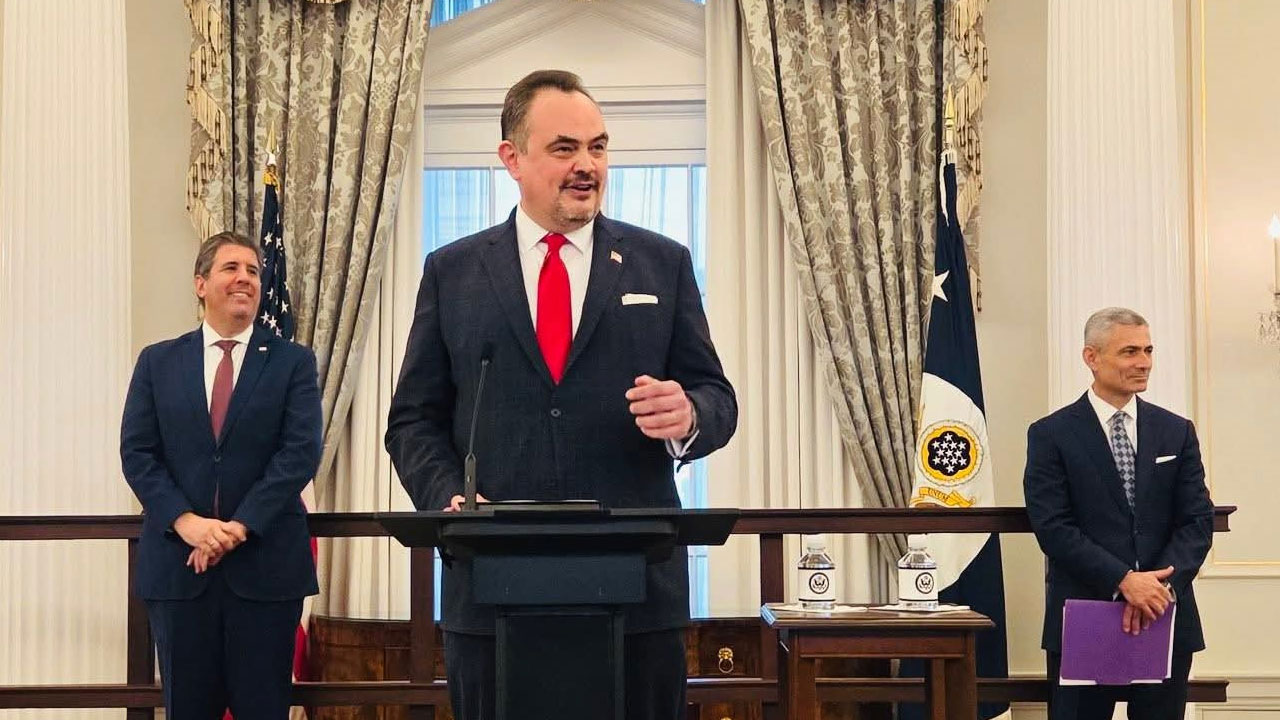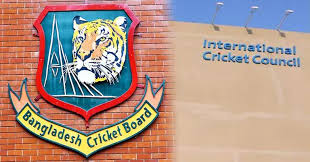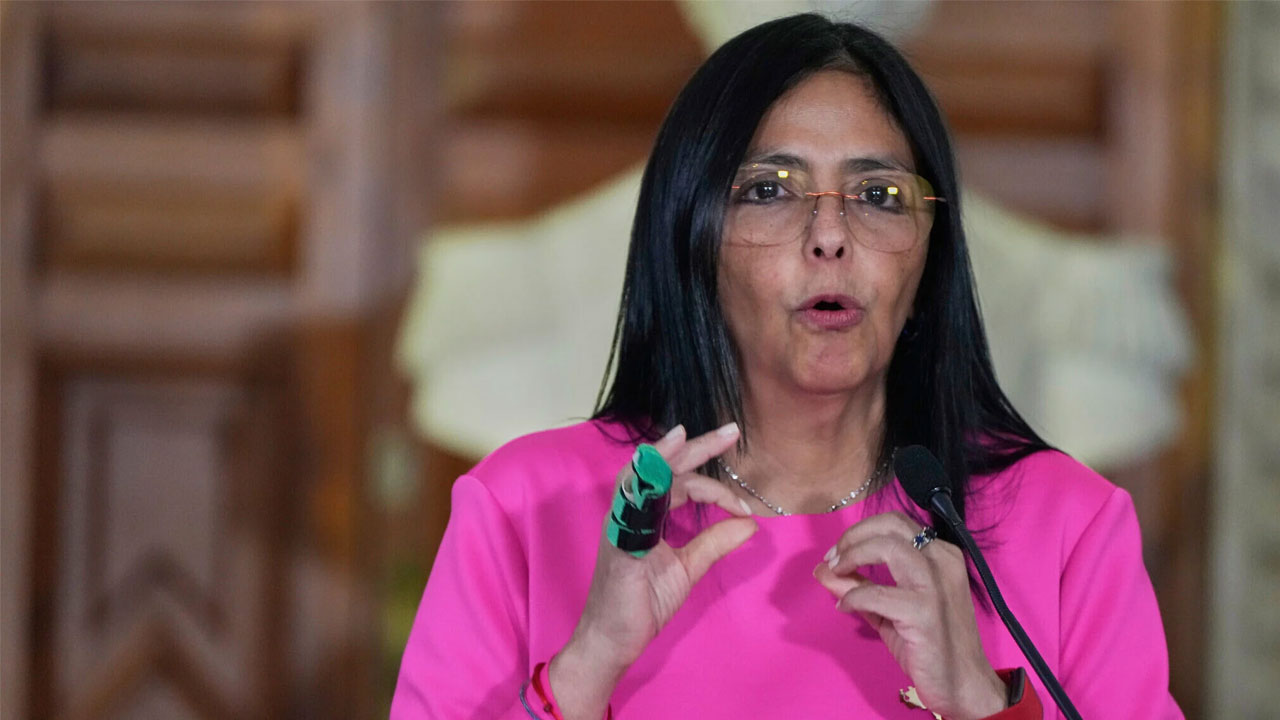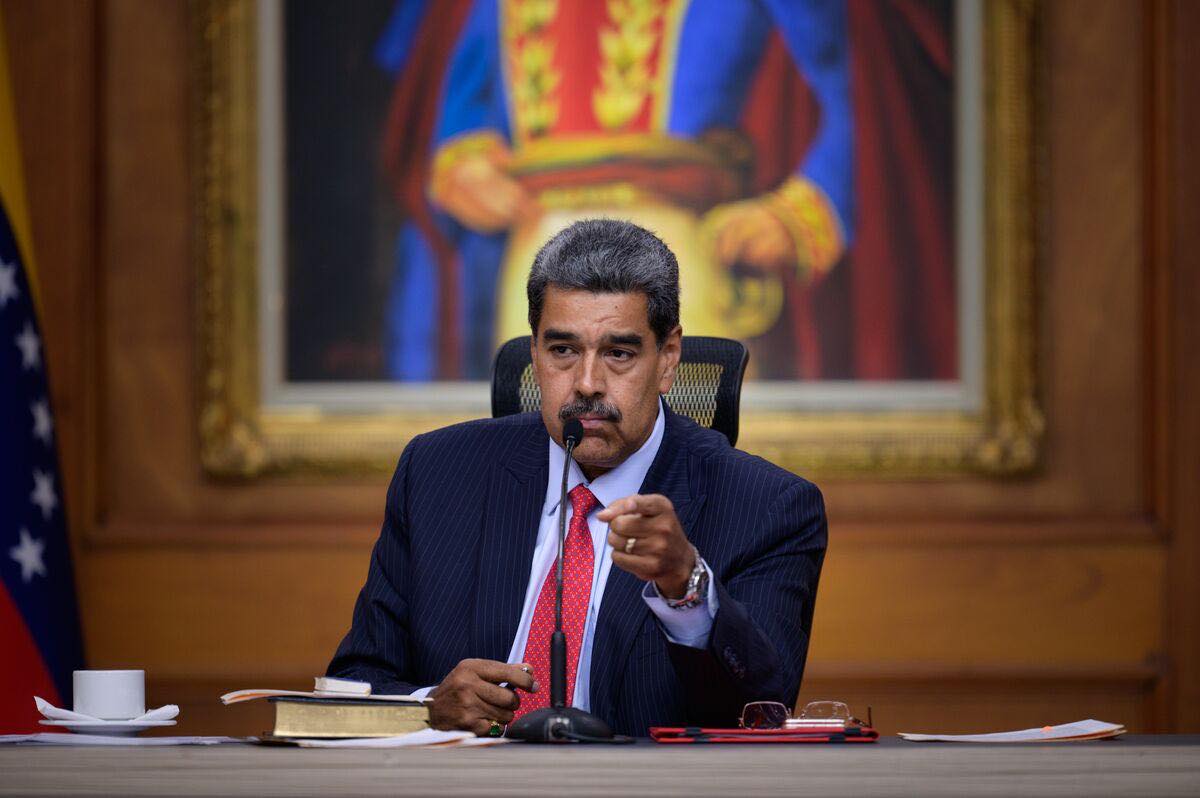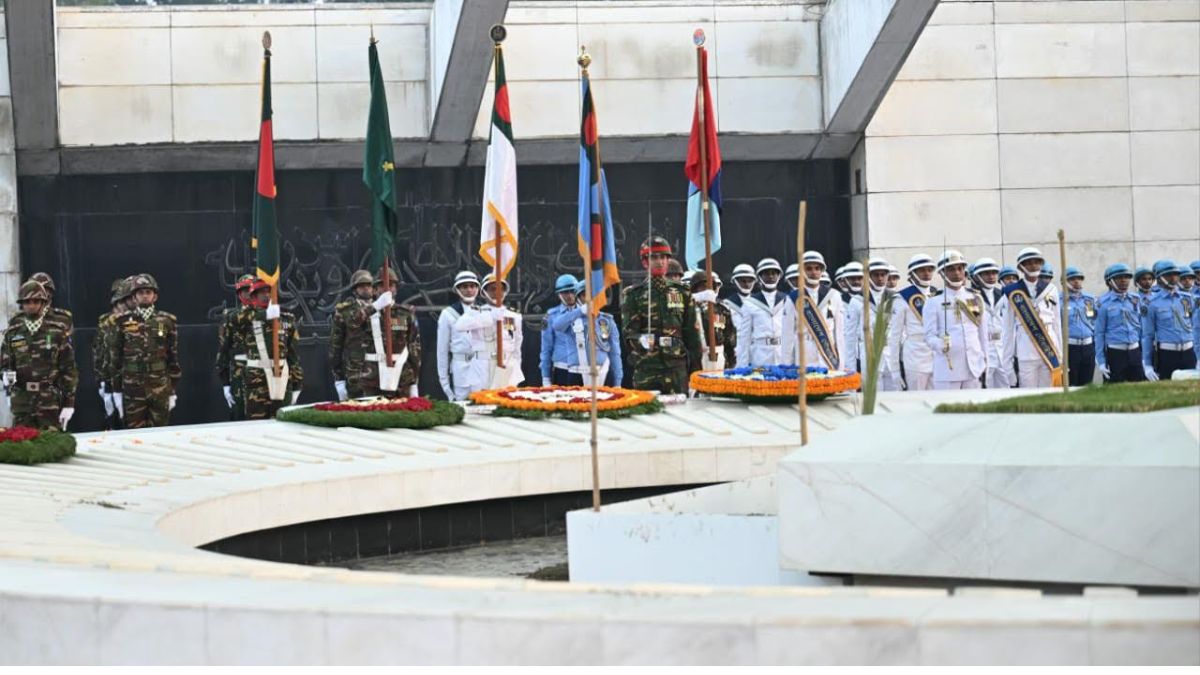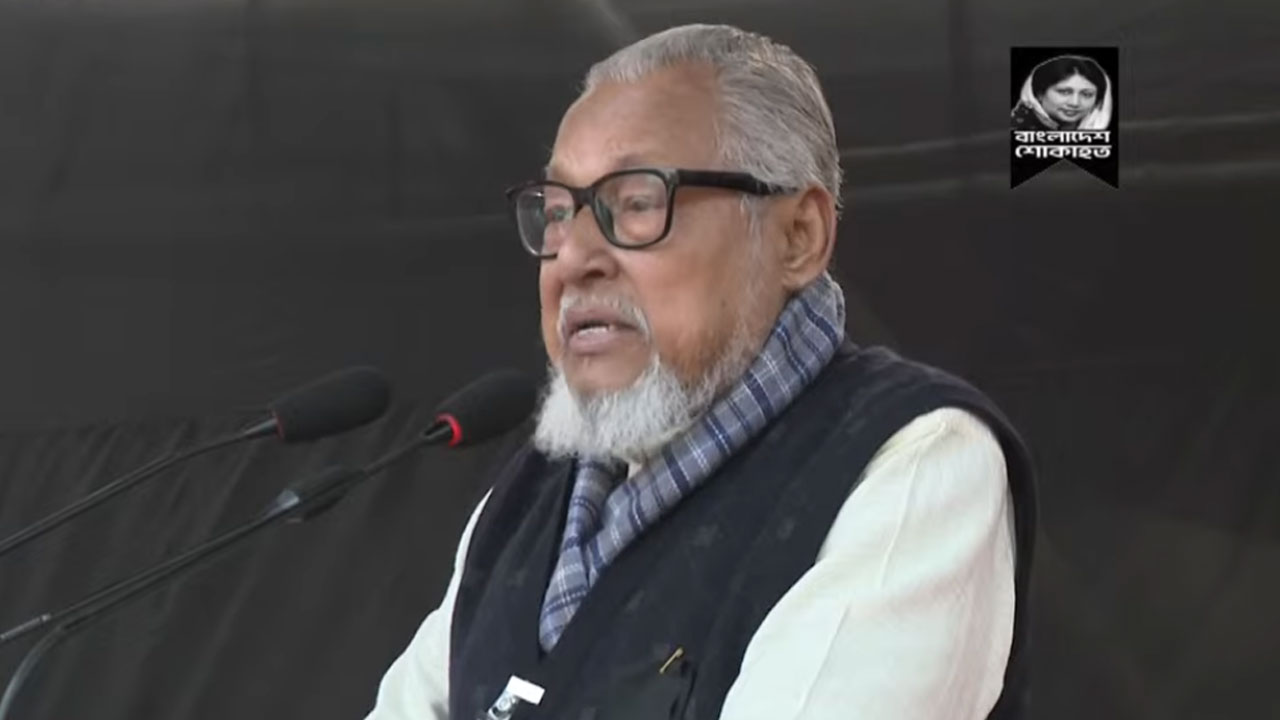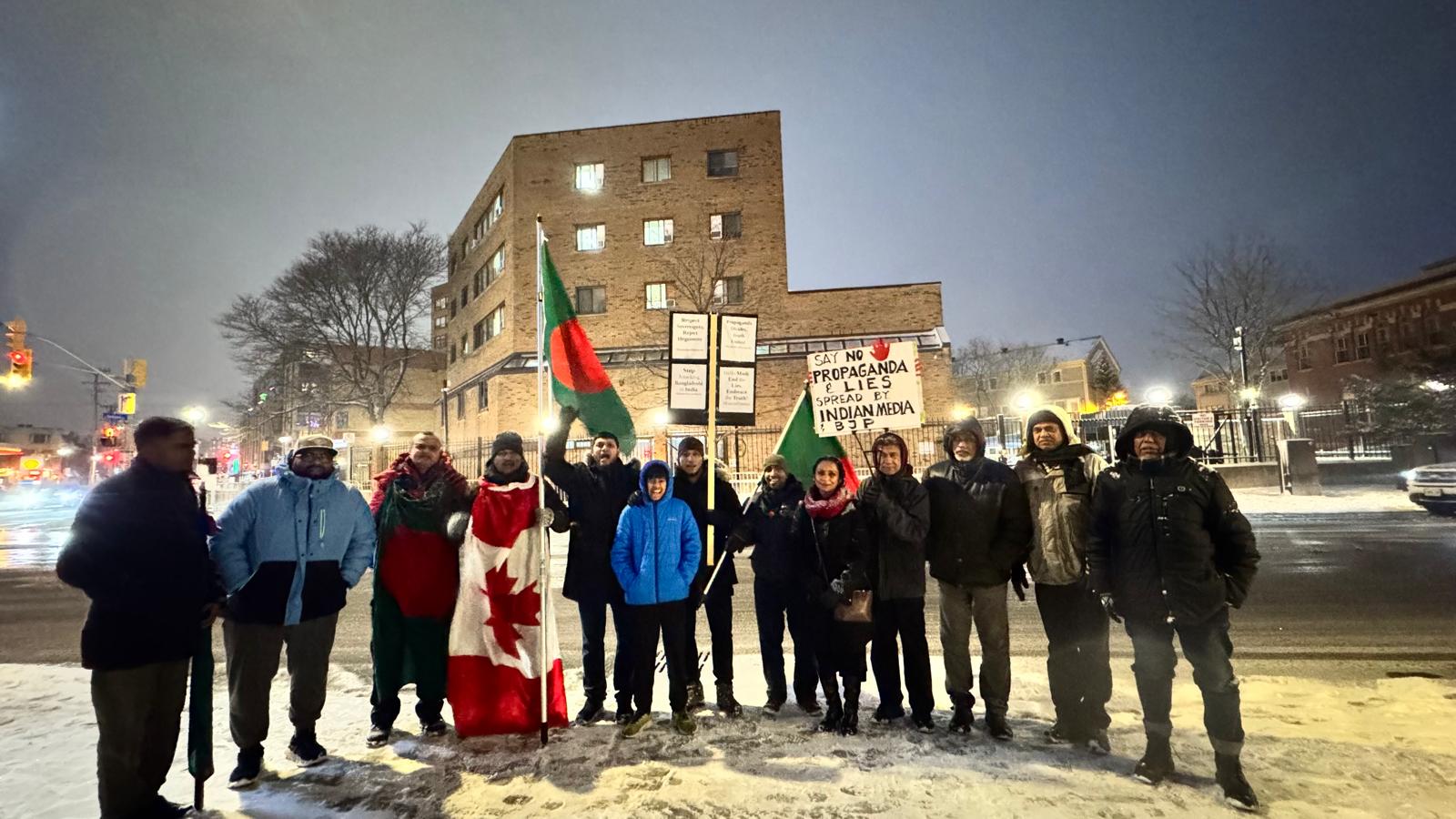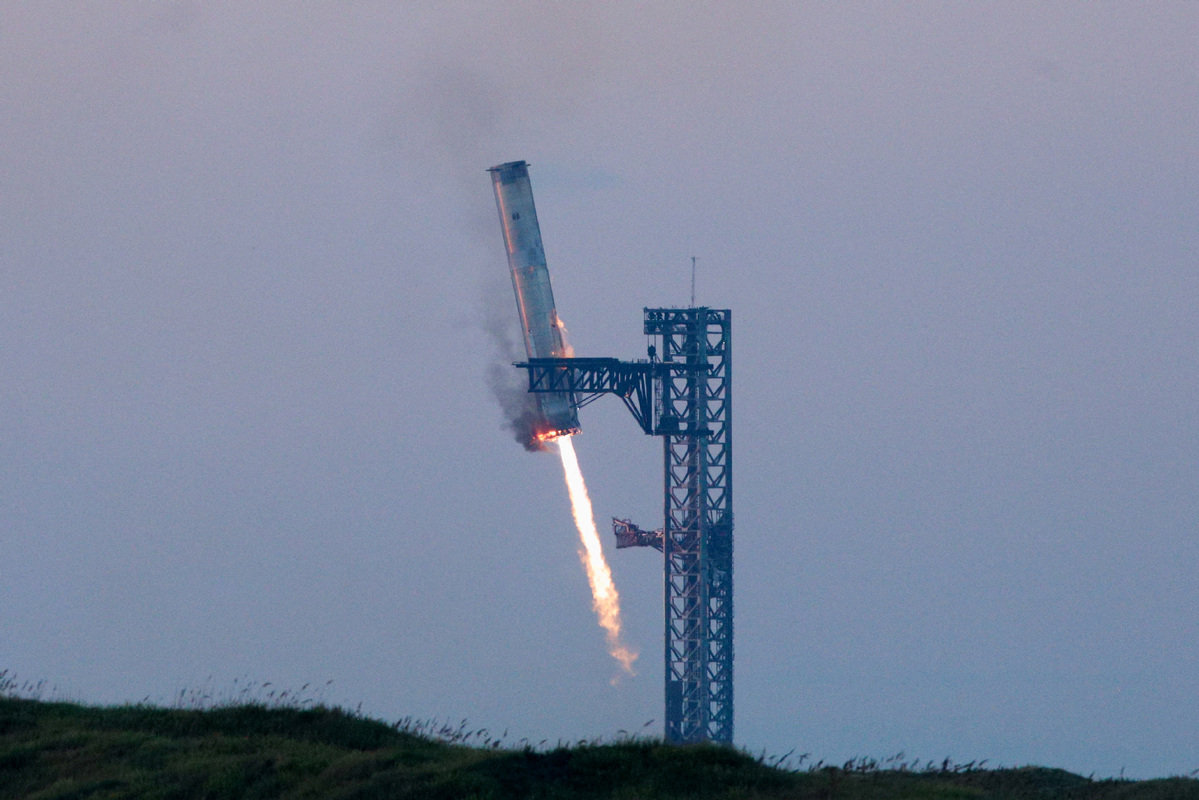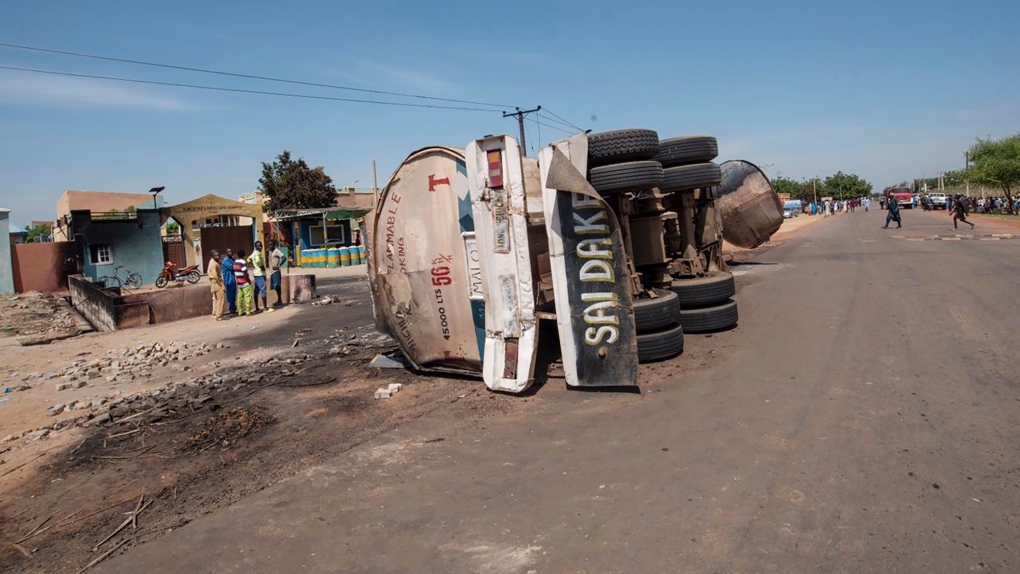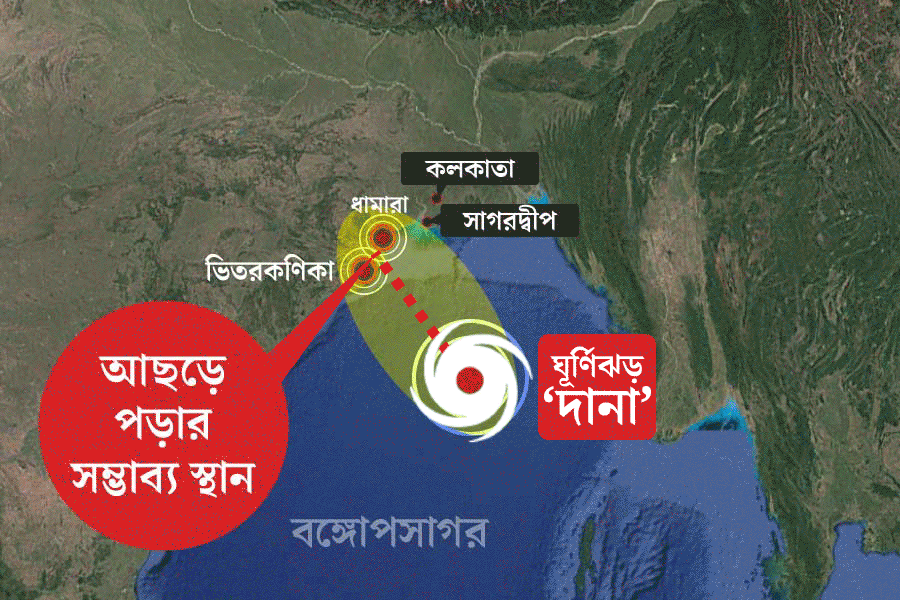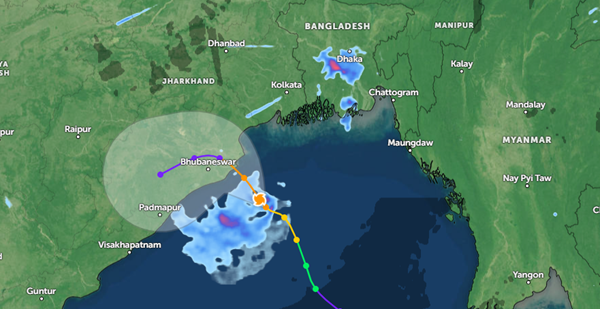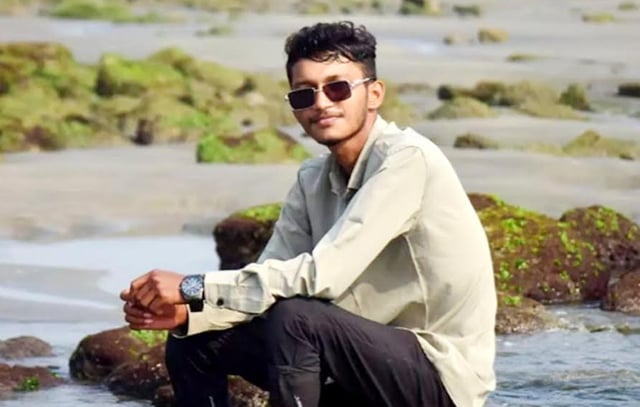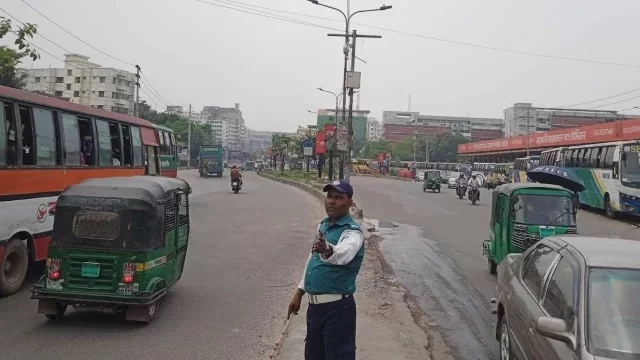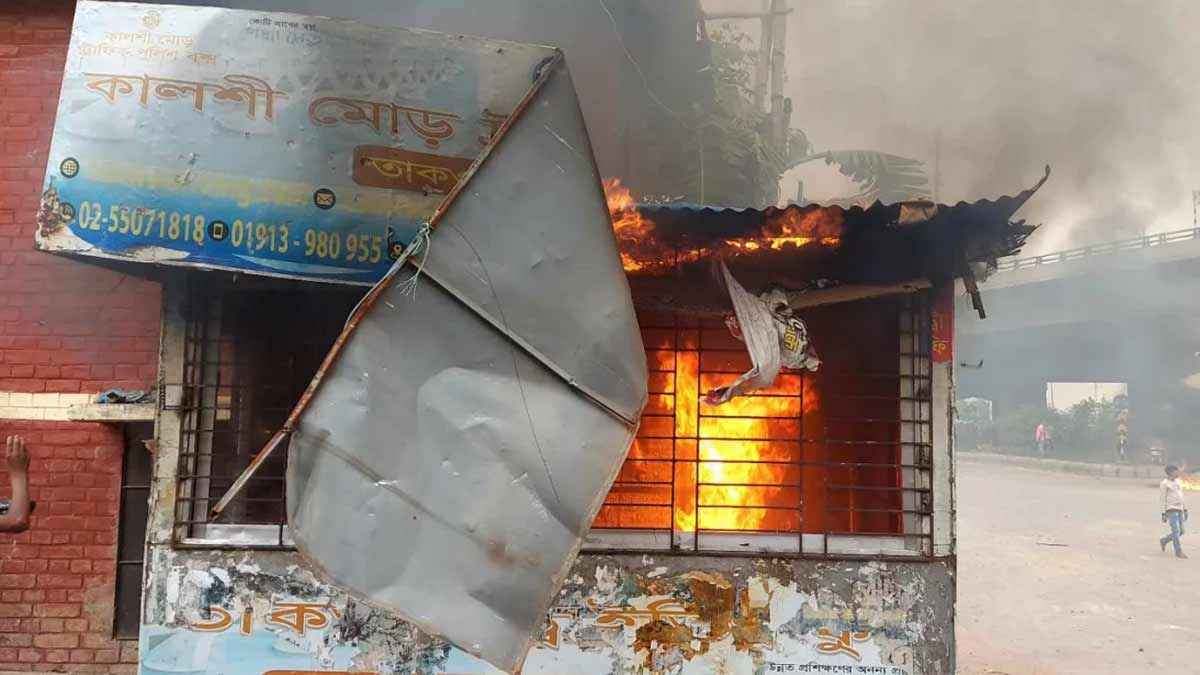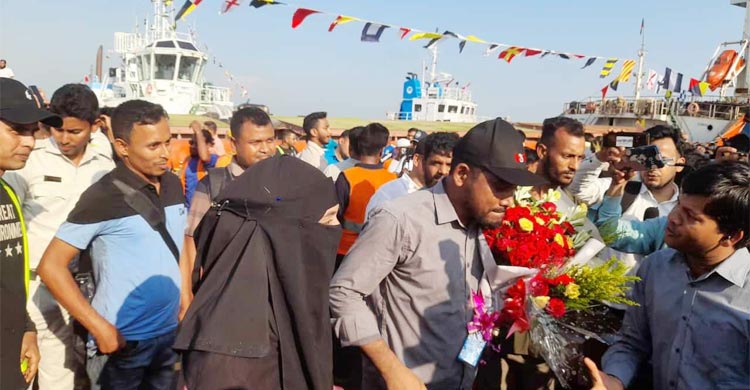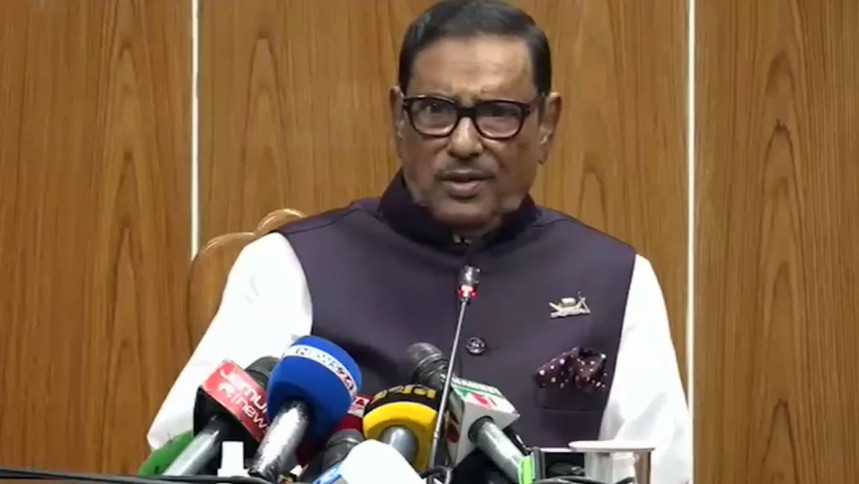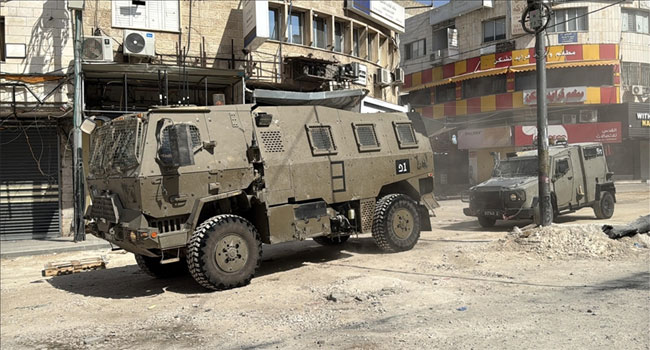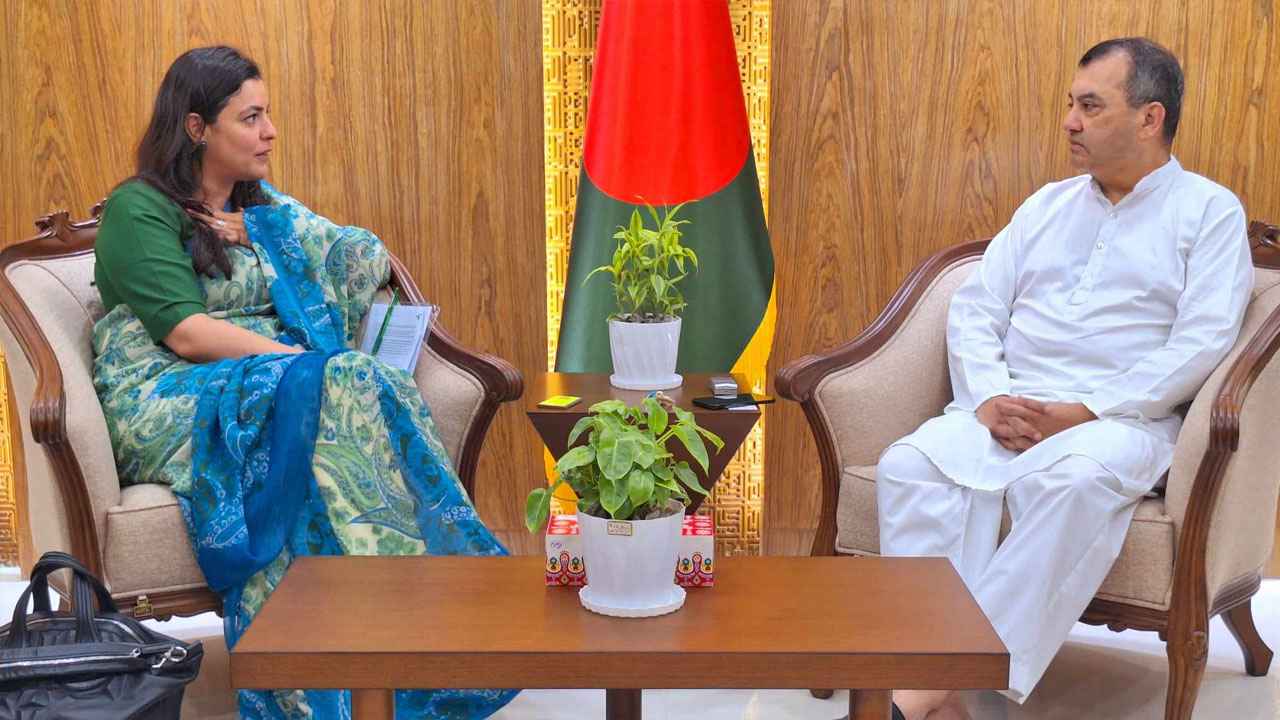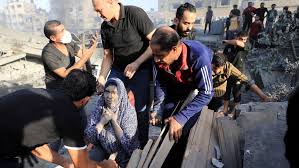
More than 62,000 Palestinians have died from hunger and starvation caused by the Israeli attacks and blockade on the besieged Palestinian territory of Gaza in a nearly two-year genocidal campaign.
There is no safe haven in this besieged region; people are being killed every day just trying to find food for their families, Al Jazeera reported on Tuesday (August 19).
The media reports that Israeli attacks have intensified in Gaza City, the largest city in the Gaza Strip — and now practically in ruins. Israel plans to seize the city and forcibly evacuate thousands of people to a so-called concentration zone in the south. At least 30 people have been killed in Israeli attacks across Gaza since early Monday, 14 of them seeking aid.
A medical source confirmed to Al Jazeera that at least three people were killed and several others wounded in an Israeli strike in the al-Sabra area of Gaza City. Local media reported that journalist Islam al-Qaumi was among the dead.
"The attacks on the eastern part of Gaza City continue," Al Jazeera's Tareq Abu Azzoum reported from Deir al-Balah. "The scale of the attacks shows that Israel's current strategy is changing the geographical and demographic structure of Gaza."
He added, "Israel is using heavy artillery, warplanes and drones to destroy the remaining residential buildings. The scale of the destruction is horrific. This military strategy suggests that Israel will be able to easily carry out ground operations and residential areas will be reduced to rubble. Locals say that the attacks continue day and night."
Those who have already been displaced multiple times are leaving Gaza City again. But many remain. The city was the main target of attacks last Sunday, killing about 60 people. At the same time, Israel is also targeting the few remaining health facilities.
Many Palestinians living in rubble, makeshift shelters or tents have nowhere to go. “How can I get there? I can’t afford to go. It costs about $900 to go south, and I don’t have a single dollar. How can I get there?” said Bilal Abu Sitta, a displaced Palestinian.
Others are not trusting Israel's promises of shelter and aid. "We don't want anything from Israel," said Noaman Hamad. "Just allow us to return to the house we fled from — we don't need anything else."
Meanwhile, there is a glimmer of hope. Hamas has accepted a draft ceasefire proposal brokered by Qatar and Egypt. A source told Al Jazeera that if the deal goes into effect, it will be a 60-day ceasefire and will see the release of half of the Israeli prisoners held in Gaza and some Palestinians held in Israeli jails.

